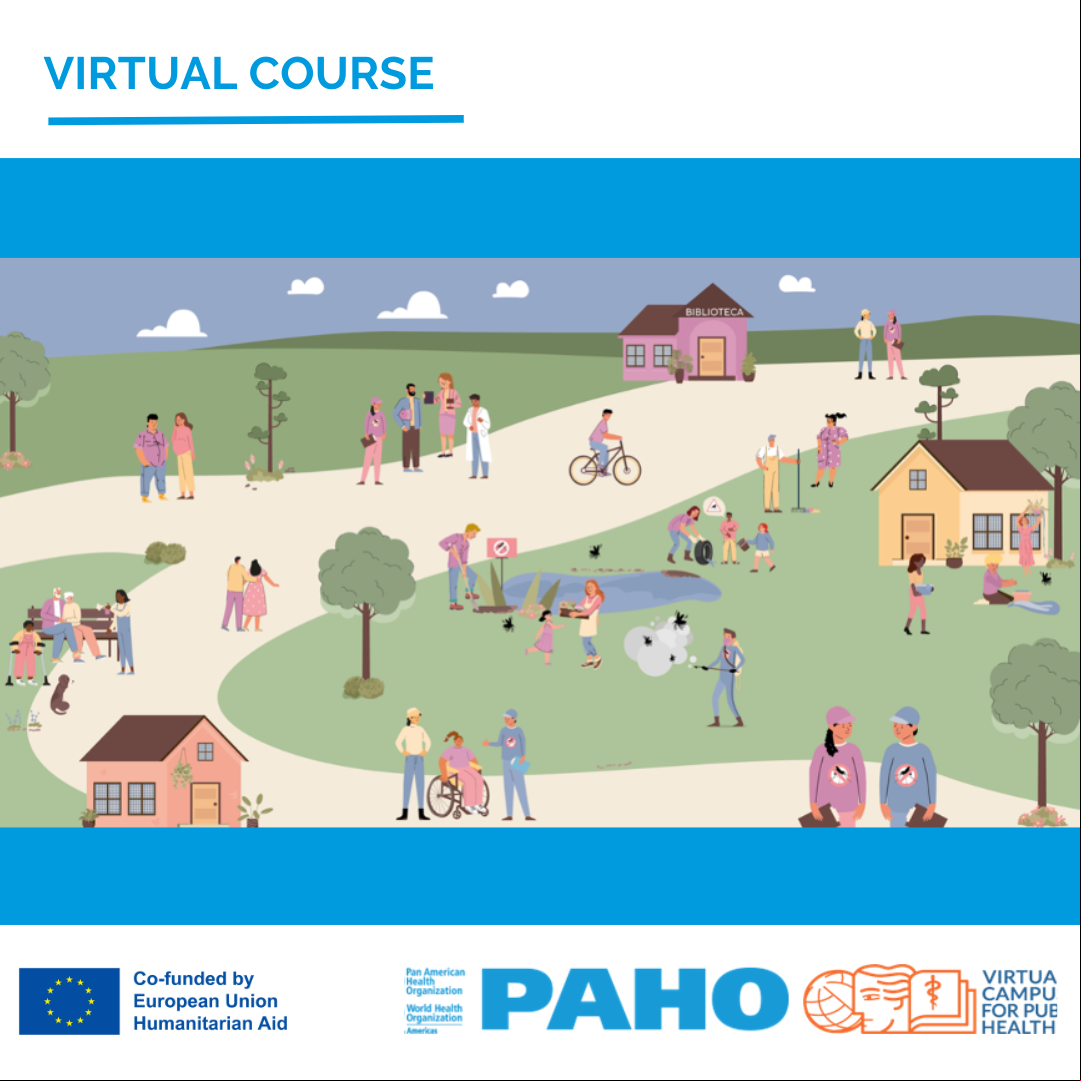
Introduction
In December 2023, the World Health Organization (WHO) classified the global upsurge of dengue as a grade 3 emergency, the highest level of emergency for WHO, to help countries strengthen their surveillance capacity and response activities for dengue outbreaks and epidemics.
For the Americas region, 2024 has become a record year for dengue cases. According to the Pan American Health Organization (PAHO), as of epidemiological week (EW) 44 of 2024, 12,479,437 suspected cases of dengue had been reported (for a cumulative incidence of 1,307 cases per 100,000 population). This figure represents an increase of 204% compared to the same period in 2023, and 381% compared to the average of the last 5 years.
These data show that the incidence of dengue has been increasing dramatically in the last 30 years, where nearly 500 million people in the Americas are at risk of contracting this disease, taking into that the 4 dengue serotypes (DENV-1, DENV-2, DENV-3 and DENV-4) circulate in this region.
Given this epidemiological situation in the region, PAHO has redoubled its efforts to strengthen technical cooperation for Ministries of Health in the Americas.
Elimination of mosquito breeding sites and detection of warning signs of dengue are the most important strategies for its prevention and control. PAHO, in collaboration with allied partners, donors, and other key actors, has deployed strategic measures to reduce the impact of dengue, including risk communication and community engagement (RCCE).
Informed, engaged, and empowered communities are the basis for success in preparing for and responding to dengue outbreaks and health emergencies; therefore, preparedness and response plans should include intersectoral actions for community participation and mobilization to modify and sustain vector control practices and other self-care measures for dengue emergencies.
The development of this course is based on the document "Risk communication and community engagement readiness and response toolkit: dengue fever” developed by the World Health Organization (WHO).
Purpose
To strengthen the strategic planning and response of Risk Communication and Community Engagement (RCCE) for dengue fever health emergencies among communication, health promotion, social and community mobilization teams, as well as other technical areas within health authorities and sector entities involved in dengue response.
Competencies
Participants of the course will develop introductory competencies about how to plan, implement, and evaluate Risk Communication and Community Engagement (RCCE) strategies in response to dengue outbreak emergencies, using an evidence-based, inclusive, trust-centered, and socially mobilized approach, in order to strengthen community preparedness, response, and disease control.
Learning objectives
- Understand the strategic role of Risk Communication and Community Engagement (RCCE) and its importance in responding to dengue health emergencies.
- Identify key components of RCCE during dengue outbreaks to design effective strategies that prevent transmission and reduce mortality.
- Recognize inclusive, trust-based, evidence-driven, and collaborative approaches to address public uncertainty during dengue outbreak emergencies.
- Analyze tools for collecting social behavior and community knowledge data to inform the design and implementation of RCCE strategies and plans.
- Evaluate tools for developing RCCE strategies and plans that decision-making among health authorities and partner institutions involved in emergency preparedness and response.
Participant profile
This course is intended for national and local health authority personnel; decision-makers and policy-makers; professionals in risk communication, health promotion, and community engagement; emergency management authorities; representatives of international organizations, non-governmental and civil society organizations; municipal officials; community leaders; volunteers; and other interested stakeholders.
Duration
Approximately 3 hours are required to complete the course.
Course modality
Self-learning course, free of charge, open to the public and without deadlines to complete it. The course is open and available in the VH. As it is a self-paced course, participants can choose when they are able to progress through the course. Therefore, by including the estimated time to complete the “Initial quiz”, the course lessons, the self-assessments, and the “Final Quiz”, the course is assigned a total of 3 hours.
Course structure
The course is developed through the approach of five lessons (identified in the course as “Stops”):
- Academic route
- ntroduction
- Background and aspects related to the dengue virus
- Toolbox for dengue outbreaks
- Additional Risk Communication and Community Engagement (RCCE) resources in response to dengue outbreaks
Academic route
Throughout the course you will have the following activities, which should be carried out in the following order:
- Initial quiz: does not count towards the final grade of the course, its purpose is to measure your initial knowledge of the topic. It is designed to allow you to answer one-time initial questions about basic knowledge of RCCE. Once you answer it, you will be able to start with the Introduction lesson.
- Review the content of each Stop (lesson) and complete the self-assessment questionnaires for Stops 2, 3 and 4. Upon completion of Stop 2, you will be given access to Stop 3, and so on until you complete the course. These assessments are designed to allow you multiple opportunities to answer correctly until you obtain at least 70% (minimum ing score).
- Final Quiz: Upon completion of the 5 stops, you will be asked to answer a "Final Quiz". You are allowed to answer it one time. The Final Quiz also does not count towards the final grade of the course.
Evaluation and certification
To obtain the course completion certificate, participants must meet the following requirements:
- Complete the learning path by reviewing each of the lessons.
- Complete both the Initial quiz and the Final Quiz.
- Achieve a score of at least 70% on each of the lesson self-assessments.
- Complete the Quality Survey of the Virtual Campus for Public Health (VH).
Participants who meet these requirements will be able to their course completion certificate, issued by the Pan American Health Organization.
